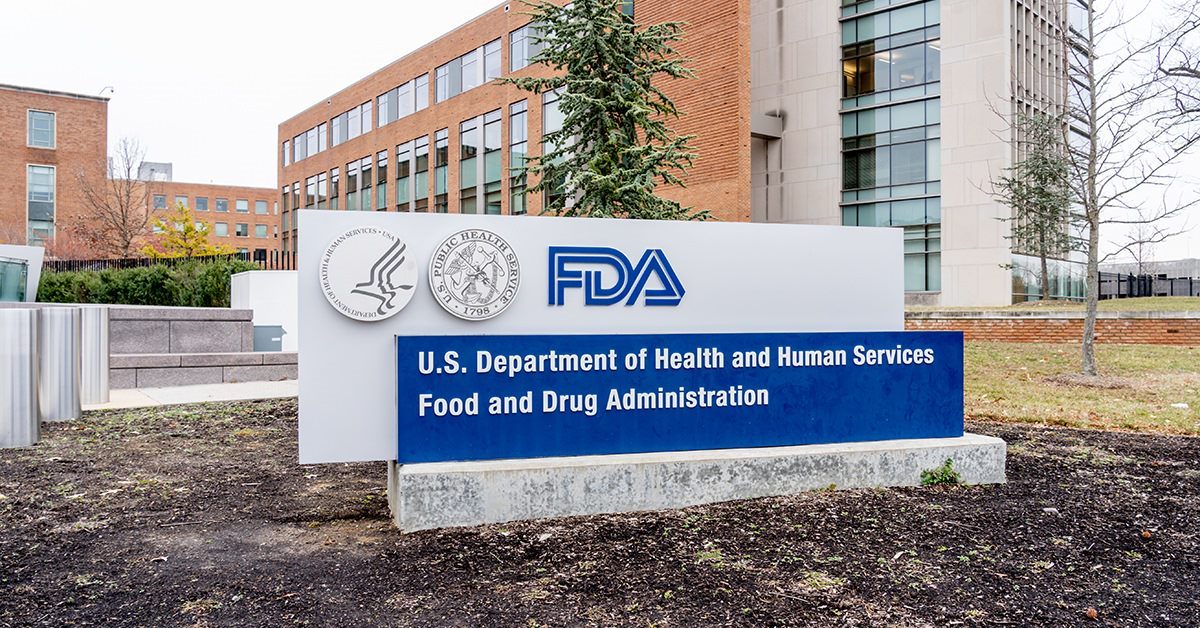Study Finds Promising Impact of Health Plans Warming Up to Biosimilars
-
Sep 19, 2024
In recent years, commercial health plans have increasingly opted to place both biosimilars and their reference biologics on preferred tiers in their formularies, according to a recent Health Affairs study.
The researchers analyzed coverage and market share for seven biologics — also known as “originator products” — and 20 corresponding biosimilars from the Tufts Medical Center Specialty Drug Evidence and Coverage Database and the IQVIA Longitudinal Access and Adjudicated Data Set from August 2017 to August 2022. The study categorized the payers’ coverage policies as:
- preferred — when originator has first-line coverage and all biosimilars have second-line or less preferred coverage;
- co-preferred — originator and at least one biosimilar both have first-line coverage;
- non-preferred — originator has second-line or less preferred coverage, while one or more biosimilars have first-line coverage.
They found that a decreasing share of health plans put a single drug — either one biologic or one biosimilar — as their preferred option between 2017 (70%) and 2022 (24%). Sole preferred coverage of the biologics declined from 55% to 8%, while preferred coverage of multiple drugs increased from 30% to 76% over the study period.
Among the 17 health plans included in the study, all but three covered multiple drugs as co-preferred in the majority of coverage policies in 2022. Over half of health plans placed two co-preferred drugs as first-line options by 2022.
In addition, the studied biosimilars’ market shares exceeded those of their originator products by an average of three years after the biosimilar launch. The average sales price for the originator/biosimilar families dropped to 63% of its initial value four years after the launch of the first biosimilar.
The researchers suggested that “the impact of biosimilars on originator-biosimilar market pricing is encouraging and suggests a well-functioning market,” as commercial health plans now have greater ability to negotiate with manufacturers regarding the price of both biologics and biosimilars.
As of September 2024, there are 29 FDA-approved biosimilars in the U.S. for the seven biologic drugs mentioned in the study. Most people covered by the 17 commercial health plans included in the study have coverage for biosimilars and their reference biologics under their medical benefit with utilization management restrictions, according to the latest coverage policy analysis data from MMIT Analytics (MMIT is the parent company of AIS Health).
This article was reprinted from AIS Health’s biweekly publication Radar on Drug Benefits.
© 2025 MMIT










